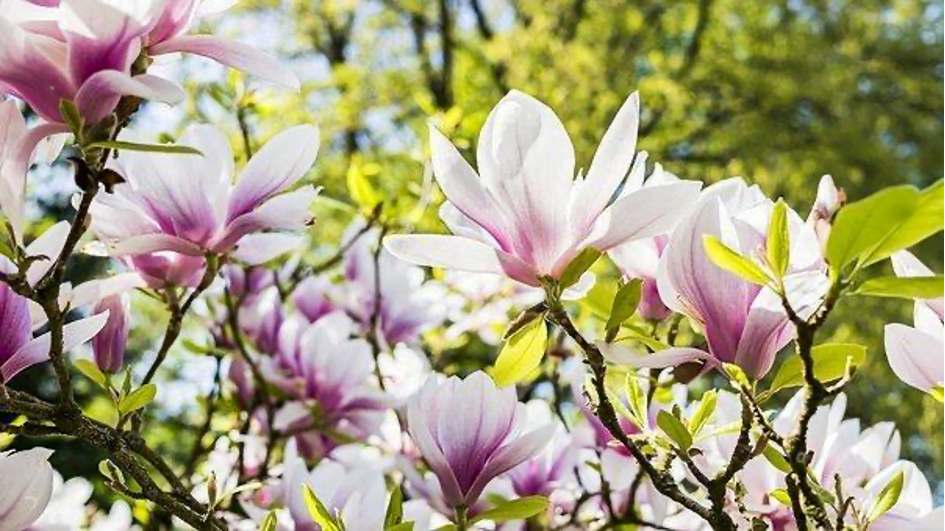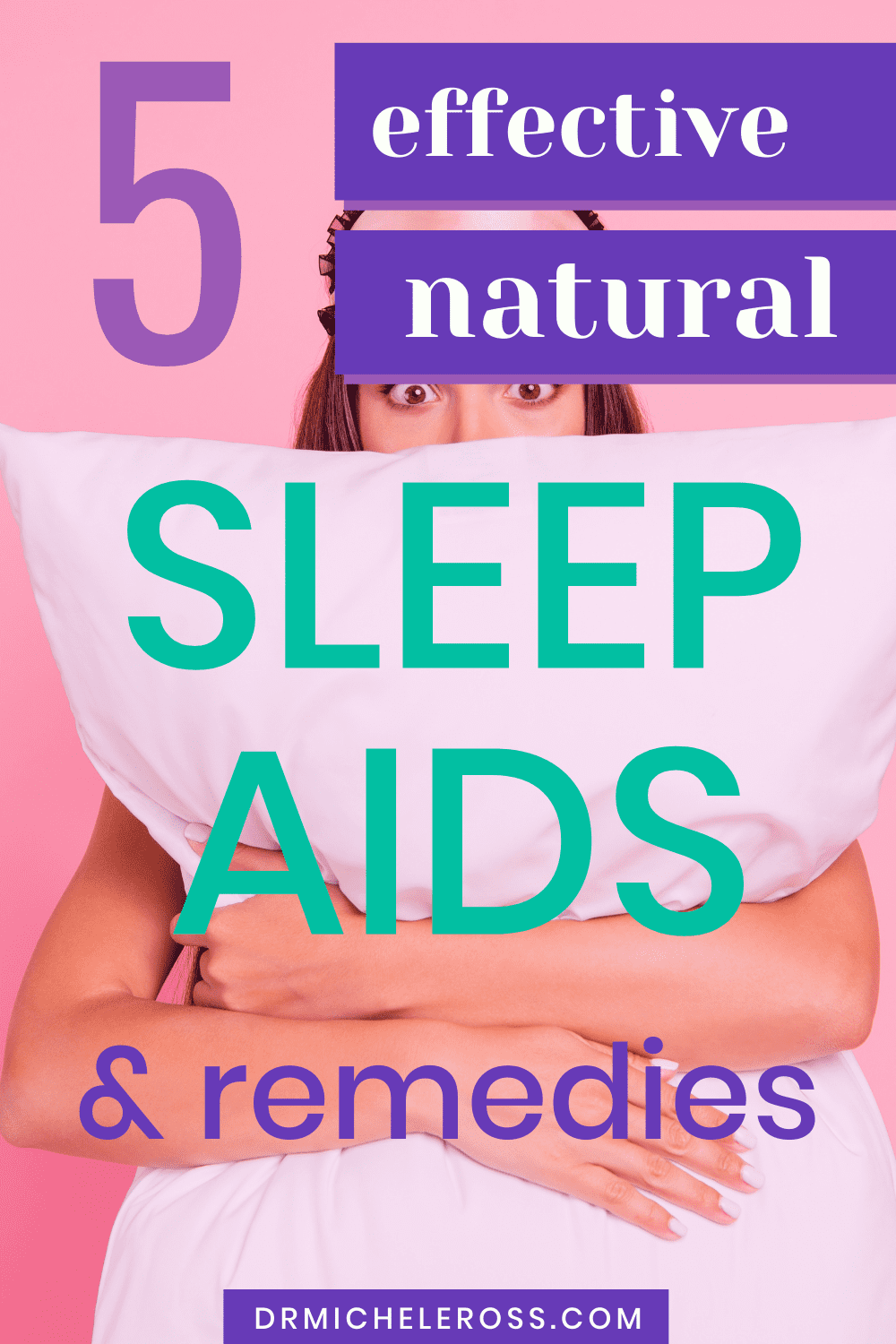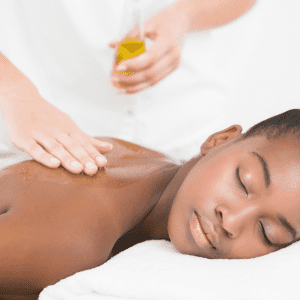
It’s no wonder natural sleep aids are popular, as most people experience sleep problems from time to time. Statistics by the American Sleep Association suggest that between 50 and 70 million U.S adults suffer from one form of sleep disorder or another.
There are various kinds of sleep disorders, including insomnia (sleeplessness), sleep apnea, REM Sleep Behavior Disorder, narcolepsy, and Restless Legs Syndrome. While insomnia is the most common sleep problem, it can occur alongside other sleep disorders, such as REM sleep behavior disorder. And that’s what makes it deadly.
If untreated, insomnia can hamper your daytime productivity and even deal a severe blow to your overall quality of life. Reports cite drowsy driving (which is one of the direct effects of insomnia) as a leading cause of road accidents. There are as many as 1,550 fatalities and 40,000 injuries on American roads alone.
Thankfully, there are numerous ways to treat insomnia and other sleep problems. This article shall explore the five most effective natural sleep aids and remedies worth trying.
1. Valerian Root
Valerian is popular herb that’s native to Asia and Europe, whose roots come with numerous medicinal properties. Valerian root has been traditionally used to treat various symptoms of anxiety, depression, and even menopause. It now turns out that the roots might also aid sleep.
According to studies conducted on menopausal and postmenopausal women, researchers observed that valerian root might improve sleep quality by addressing various symptoms of sleep disorder. Like most natural sleep remedies on this list, valerian root improves sleep quality by shortening sleep latency while prolonging sleep duration.
However, note that many studies investigating the benefits of valerian root as a sleep aid remain inconclusive. So, consult your doctor before using valerian root for insomnia or any other sleep disorder.

2. CBD
Cannabidiol (CBD) is one of the popular extracts obtained from marijuana. The substance contains a host of medicinal properties, including the ability to treat various sleep disorders.
As a sleep aid, CBD oil improves your sleep quality by relieving some of the common triggers of insomnia, such as post-traumatic stress disorder.
Another way cannabidiol might relieve insomnia is by shortening your sleep latency. Basically, sleep latency refers to the average time taken to fall asleep.
CBD might also aid sleep by eliminating rapid eye movement (REM) sleep. REM is the stage during sleep when we have the most dreams. So, by eliminating or shortening REM sleep, cannabidiol makes you dream less, which directly boosts your sleep quality and duration.
Researchers have also cited CBD for its positive effects on REM sleep behavior disorder, a medical condition where a person acts out their dreams.
One of the reasons why CBD is one the most popular natural sleep aids is that it won’t get you high. Unlike its closest cousin, tetrahydrocannabinol (THC), CBD doesn’t produce any psychedelic effects like hallucinations or euphoria.
Another benefit of CBD is that there are numerous ways to consume the product. You could vape CBD-containing e-juices, smoke dried cannabis buds, or go for edibles like CBD gummy bears. There’s also the option of applying CBD-enriched ointments topically on your skin or administering CBD oil tinctures sublingually.

3. Melatonin
Melatonin is a hormone that our bodies produce naturally, which plays a significant role in our sleep-wake cycle. It shortens sleep latency while also increasing sleep duration.
The hormone primarily follows light changes throughout the day, where production tends to drop in the morning and peak in the evening. However, certain factors, like disruptions in your sleep or work routine, could affect melatonin’s cycle of production. And that’s where melatonin supplements come in.
The best thing about melatonin supplements is that you can administer them any time of day, depending on your work routine. Plus, there are no reports of side effects even among long-term users.

4. Magnolia Bark
Magnolia bark is a popular ingredient in folk medicine that has been used from time immemorial, mostly for its mild sedative properties. The tree packs numerous compounds that suppress the activity of common stimulating hormones like cortisol and adrenaline. It has positive effects on both slow-wave sleep and REM sleep.
Besides inducing mild sedation, magnolia bark also contains anti-inflammatory and anxiolytic properties. Therefore, it can reduce inflammation and anxiety, which happen to be some of the common inhibitors to quality sleep.
In addition to sleep, magnolia bark might also help in the regeneration of brain cells, thus supporting memory and learning. Other popular uses include weight management and the prevention of digestive complications.
5. Healthy Bedtime Behaviors
Some of the common causes of insomnia are poor bedtime habits, such as:
- Spending a lot of time on social media late in the evening, subjecting your eyes to too much of the harmful blue light
- Engaging in stimulating activities like watching movies or playing video games late in the evening
- Taking short naps right before bedtime
- Sleeping in an uncomfortable environment
- Consuming too much dinner, or eating too quickly, either of which causes indigestion and flatulence, making it difficult to enjoy your sleep
- Late-night coffee
One of the top natural secrets to having a quality sleep is avoiding any of these aberrant behaviors.
Conclusion
Hopefully one of the these natural sleep aids works for you. Remember to seek the advice of a physician in case of serious sleep issues lasting longer than four weeks or seriously disrupting your ability to work or function during the day. If you decide to go the natural route instead of prescription medication, you can easily talk to a certified cannabis coach or medical marijuana doctor.

Pin This Post

Share This Post





